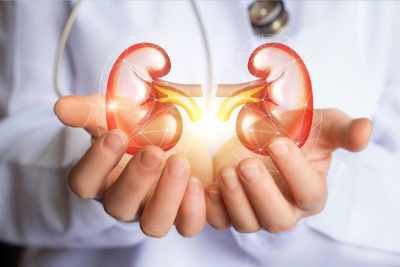Weight loss, diabetes medicines can be effective in protecting kidneys: Study
New Delhi, November 26 (IANS). A study led by an Indian-origin researcher has found that glucagon-like peptide-1 (GLP-1) receptor agonist, a drug that helps in weight loss and blood sugar control, may also be helpful in protecting the kidneys. Whether the person has diabetes or not.
GLP-1 receptor agonists were first developed to treat diabetes, but the drugs have been found to be beneficial for both people with and without diabetes. The results of this study have been published in the journal The Lancet Diabetes and Endocrinology.
This medicine increases insulin production in the body and reduces blood sugar. Additionally, it slows down the digestion process, reduces appetite and helps in weight loss by making you feel full.
Researchers at the George Institute for Global Health conducted the study to understand what effect GLP-1 receptor agonists have on chronic kidney disease. It is a serious disease, affecting 1 in 10 people worldwide and about 850 million people have symptoms.
Researchers analyzed 11 large clinical trials conducted on 85,373 people. Of these, 67,769 people were suffering from type-2 diabetes, while 17,604 people were suffering only from obesity or heart disease, but did not have diabetes.
For this, the team studied seven different GLP-1 receptor agonists. The results found that the GLP-1 receptor agonist reduced the risk of kidney failure by 16%. The decline in the kidneys' ability to filter blood (glomerular filtration rate) slowed by 22%. Overall, these drugs reduced the risk of kidney failure, worsening kidney function, and death from kidney disease by 19%.
Professor Sunil Badve, lead author of the research, said, “Chronic kidney disease is a progressive disease that can eventually lead to kidney failure and the need for dialysis or kidney transplant. This disease not only affects the quality of life of the patients, but its treatment also incurs huge expenses. The results of this study provide hope for patients suffering from this disease.”
–IANS
AS/


Comments are closed.